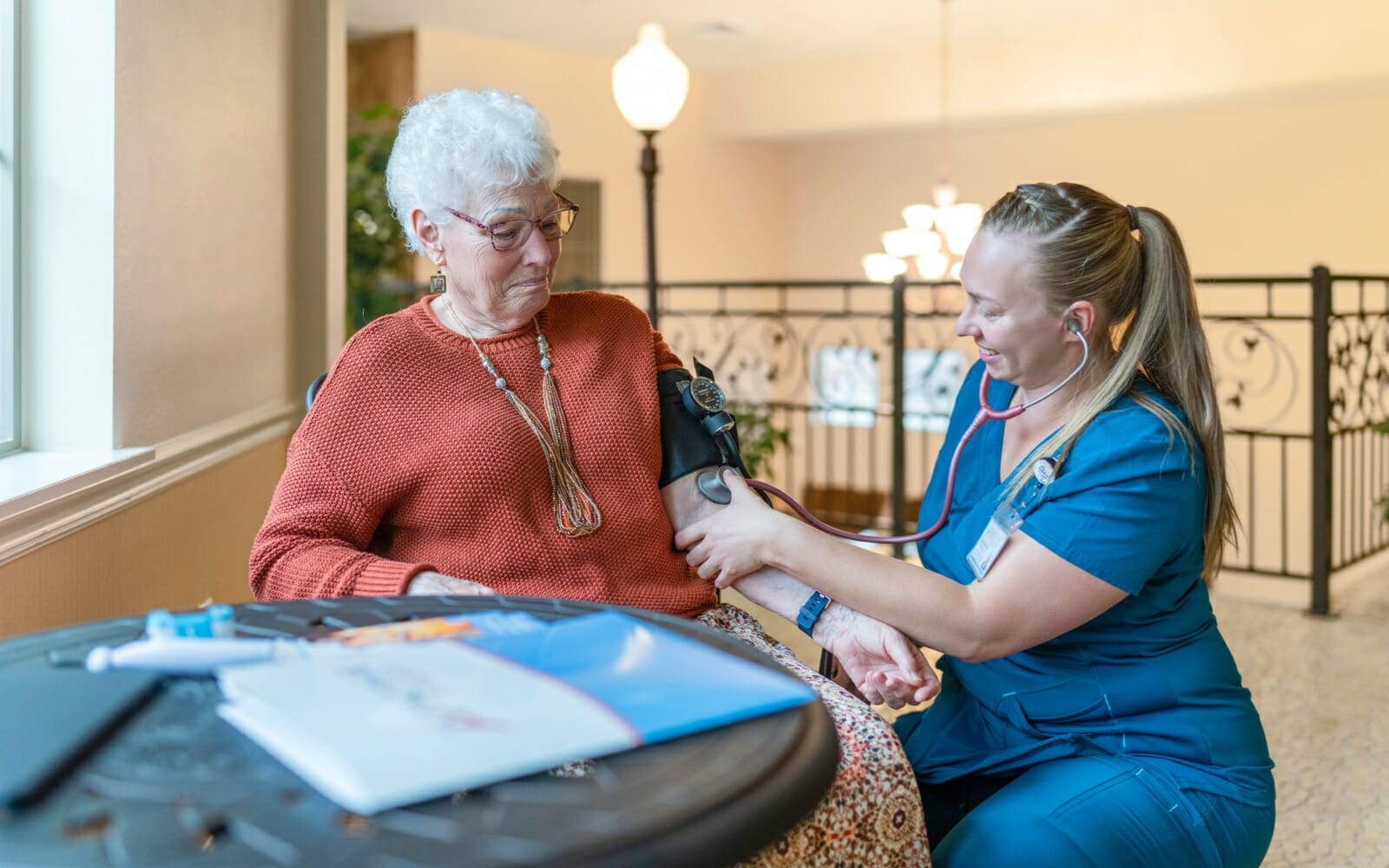
To qualify for Utah home health or home care services, Medicare requires that a patient needs be homebound and have a skilled need. But what does that truly mean?
What is considered homebound for home health?
Homebound does not mean that a person must be confined to the home or “bedbound”. Medicare states that a patient is considered homebound if the patient cannot leave home without “considerable and taxing effort.”
Most home health patients are considered “homebound” due to an injury or illness that makes it difficult to leave the home. Their condition might also make leaving the home medically inadvisable. Some of the main examples include if the patient:
-
Requires the aid of supportive devices, like crutches, canes, wheelchairs, or walkers
-
Requires the use of special transportation
-
Needs the help and assistance of another person
-
Has a condition where leaving the home is medically contraindicated
-
Symptoms of the disease process, such as pain, shortness of breath or confusion, worsen when leaving the home.
What diagnoses are considered homebound?
A wide variety of illnesses or conditions may cause a person to be deemed homebound by Medicare. That’s because a patient’s pre-existing health condition, physical and mental abilities, and home setting vary greatly. For example, however, here are a few cases where a patient would likely be considered homebound and in need of homecare:
-
An illness or condition that has significantly weakened the patient’s physical strength
-
A recent surgery that makes it difficult to walk or operate a wheelchair
-
ALS
-
Serious stroke
-
Advanced heart disease that requires a limit on activity
-
Blindness
-
Alzheimer’s or other mental illness
Do homebound patients never leave the home?
Being homebound does not mean that the person can never leave the house for any reason. There are certain reasons a person can leave the home without losing their homebound status. These include:
-
Medical treatments that can’t be administered in the home
-
Religious services
-
Attending a licensed or accredited adult daycare center
A person can also leave their home for other nonmedical reasons as long as the reason is “infrequent and short in duration”. These might include:
- A trip to the barber
- A special family event like a wedding
- A needed trip to the grocery store
- A walk around the block
What is generally covered by Medicare for a homebound patient?
Medicare.gov states the following are usually covered for homebound status patients:
-
Part-time or “intermittent” skilled nursing care
-
Physical therapy
-
Occupational therapy
-
Speech-language pathology services
-
Medical social services
-
Part-time or intermittent home health aide care (only if you’re also getting skilled nursing care at the same time)
However, Medicare states it does not cover 24/7 home care, meal delivery, home cleaning and laundry services, and daily activity support when needed without skilled nursing care.
How do I file homebound status with Medicare?
It is up to your physician(s) to decide whether you are homebound status following an evaluation of your current condition. If you then qualify for Medicare’s home health benefit, your care plan will also certify that you are determined to be homebound. After you start receiving homecare, your physician must evaluate and recertify your care plan every 2 months.
Compassionate Homecare in Utah
If you or a loved one are in need of medical services and are considered homebound, give Active Home Health a call today. We can schedule a free, in-home consultation to see if Utah home health care services are right for you. Our comprehensive care team is proud to serve Salt Lake, Utah, Weber, Tooele, and Davis Counties.




